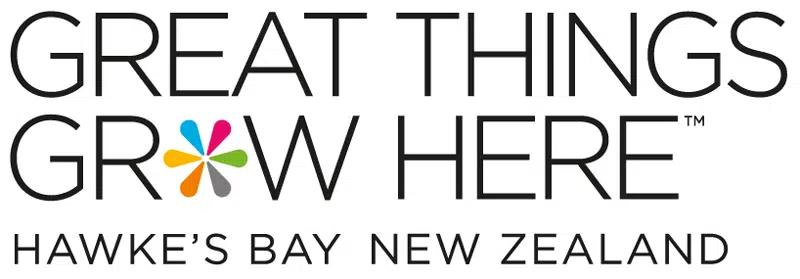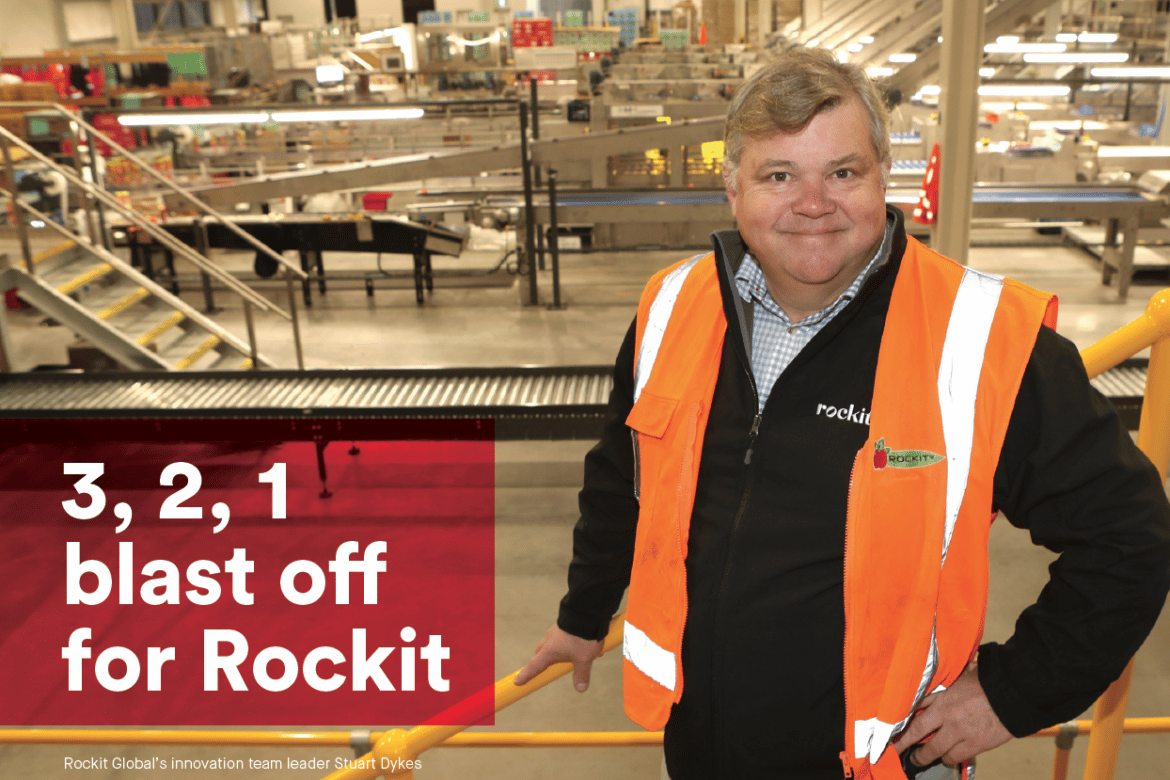Rockit Global is using technology and innovations in other sectors such as the kiwifruit sector and fast moving consumer goods (FMCG) to combat the major growth trajectory of the miniature-sized apple.
“The reason we can move like we are is that we look beyond the apple industry. We look at what other FMCG companies are doing, the likes of Heineken, which is at the forefront of automation and technology to improve productivity,” says Rockit Global’s Innovation team leader Stuart Dykes.
“It’s a journey and if we could compare ourselves to vehicles, we’ve gone from being a MINI to a Lexus and we’ll end up being a Ferrari.”
As more and more Rockit trees are planted in Hawke’s Bay and beyond, the business had to look at how innovations such as automation could reduce the reliance on manual labour across all parts of the supply chain.
With Rockit outgrowing its small packing facility in Havelock North, the board made the call to invest in a 20,600 m2 purpose-built post-harvest facility, Te Ipu, on land within the Irongate industrial zone in Hastings.
Stuart and his small team were charged with identifying production bottlenecks at every step of the journey for a Rockit apple, from orchard to consumer.
An engineer with a PhD in Food Science, Stuart has a background of working in the oil and gas sector and the wine sector, with a special interest in automation.
They identified that the single biggest barrier would be the ongoing lack of labour resources that impacts across all parts of the production process and that automation would be the answer.
“There’s a term in automation called ‘lights-out’, where you have no one in the facility, you turn the lights out and it just keeps going. That’s the ultimate goal.”
It seemed obvious for Stuart and his team to firstly look at the bottlenecks inside the facility.
First published by The Profit. Click here to read the full article.

